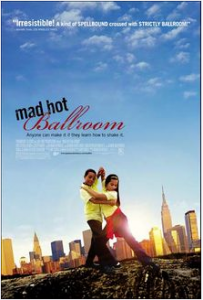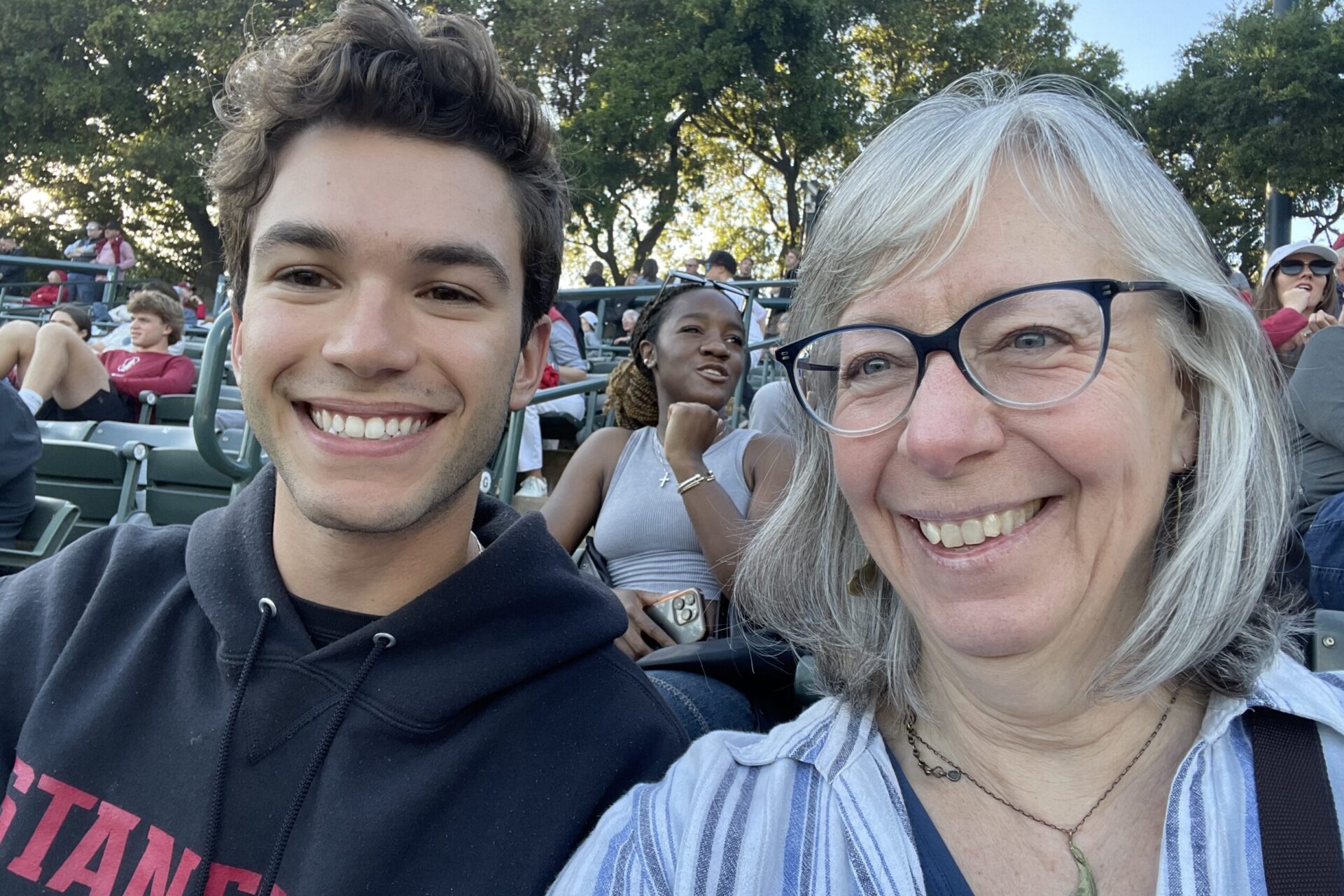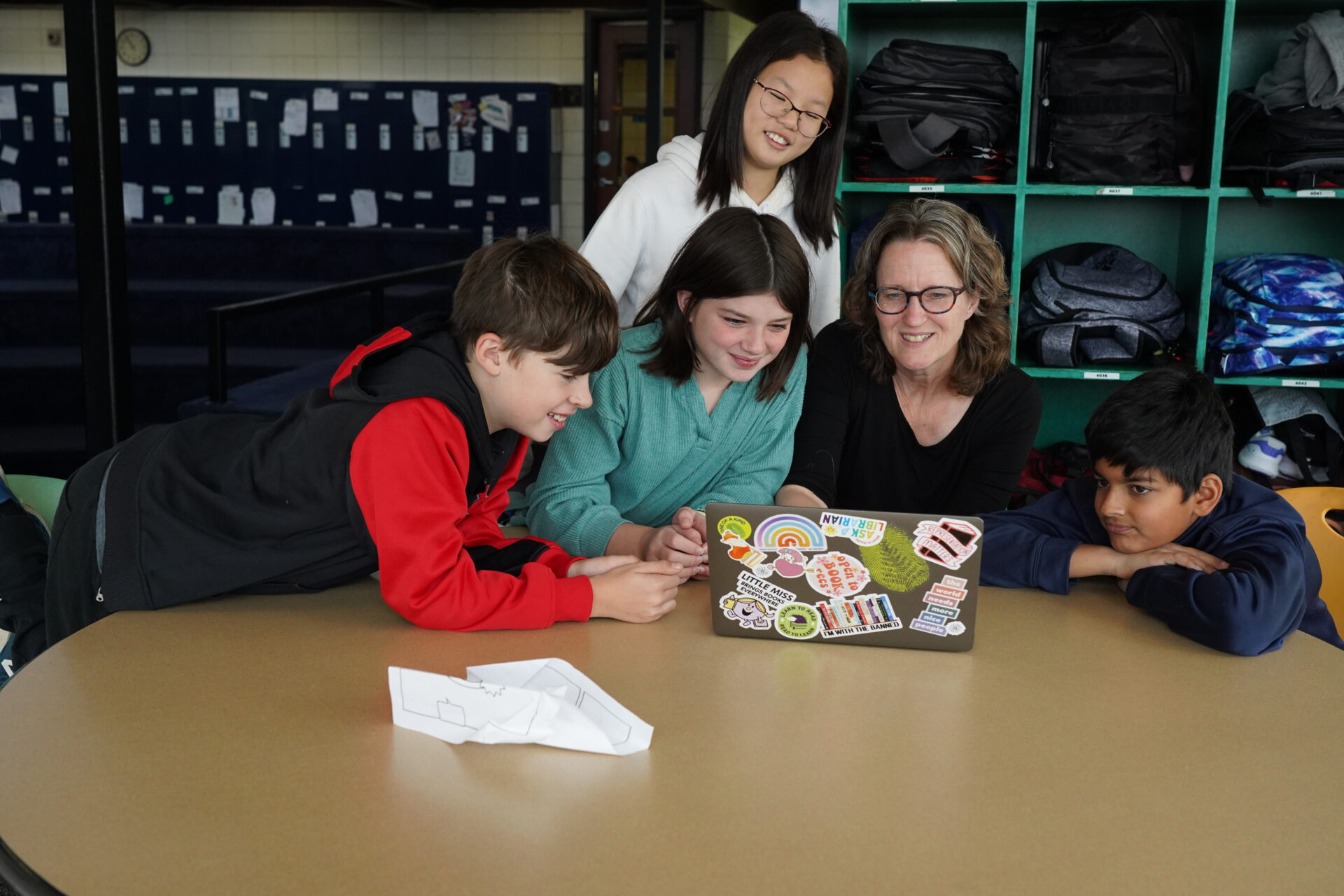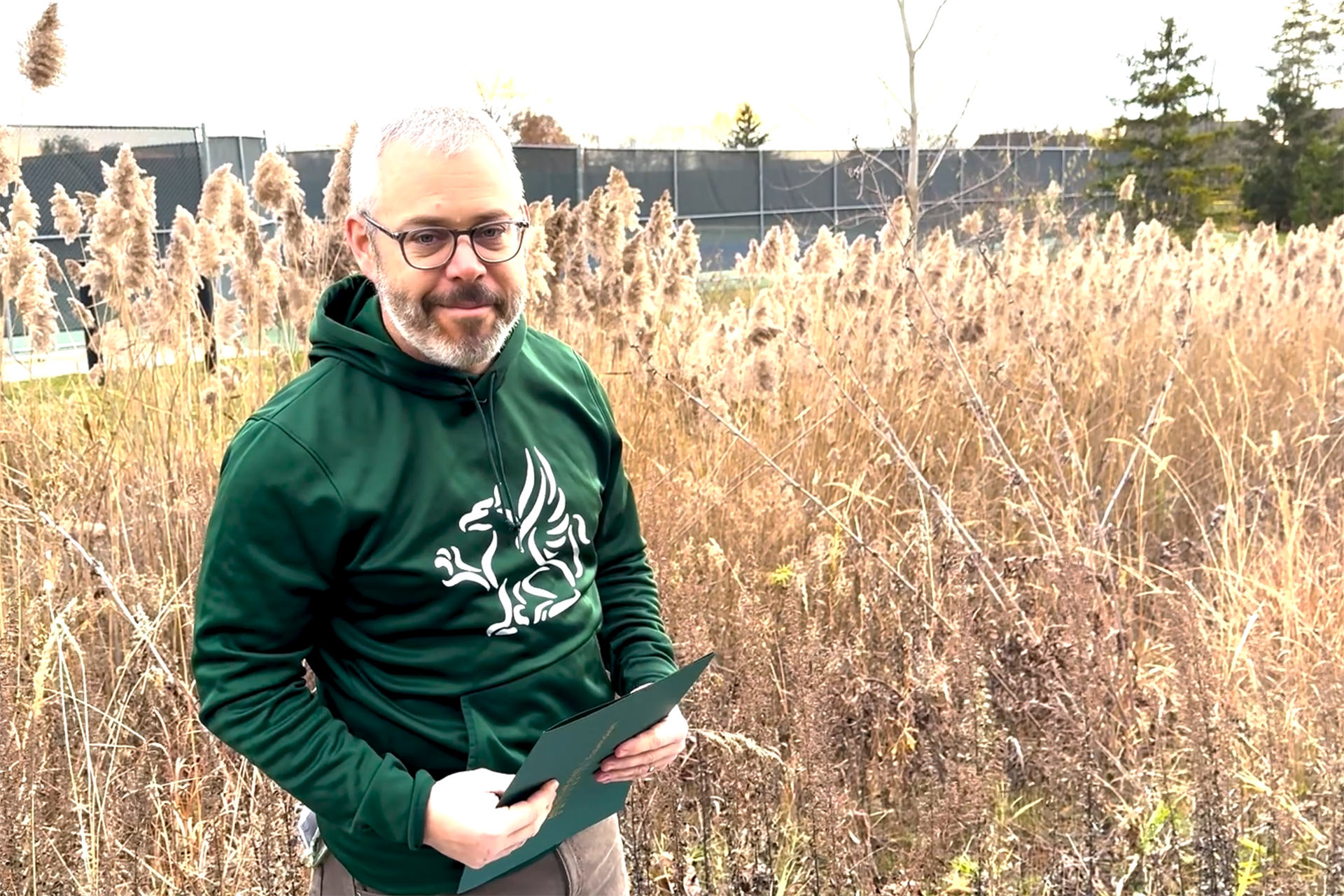Mark Randolph: A Mad Hot Chat about “Mad Hot Ballroom”

Here is a profoundly complex question: is competition a net positive or net negative?
 Notice I didn’t provide a noun to be modified by my adjectives, because to do so would reduce the question to a paltry exercise. For example, if I were to ask if competition was a net positive or negative “experience,” then the answer would be easy to discover. Just ask subjects who had experienced competition and then record their feelings about the experience.
Notice I didn’t provide a noun to be modified by my adjectives, because to do so would reduce the question to a paltry exercise. For example, if I were to ask if competition was a net positive or negative “experience,” then the answer would be easy to discover. Just ask subjects who had experienced competition and then record their feelings about the experience.
Focusing on the “experience” of competition would, however, limit the discussion to the realm of psychology: in all likelihood subjects would reveal more about themselves and how they fared in the competition itself than they would about the positive or negative value of competition per se. The question of competition as a social or political ordering device, its efficacy and ethics, would be totally lost. The failure to consider the sociological and political implications of competition would hamstring an examination of competition so severely that any conclusions drawn from the former question—the question about the “experience” of competition—would be insignificant.
In our Sport & Culture Seminar we have sought to examine the significance of competition, its place and process, its virtues and vices, its ideological prominence and political inevitability in our culture. To do so we have engaged some prominent voices and challenging texts. We have read Harvard professor Alfie Kohn’s attack on competition in his book No Contest and Kurt Vonnegut’s critique of enforced non-competition in his short story “Harrison Bergeron.” The capstone of this unit was our reading of the brilliant documentary film by writer/producer Amy Sewell called “Mad Hot Ballroom.” The film sprung to life as an article Ms. Sewell wrote about her local elementary school’s participation in the New York City Ballroom Dancing program and “Colors of the Rainbow” competition. Originally conceptualized as a Public Broadcasting Service documentary, the film followed the ups and downs, celebration and disappointment, the affirmation and alienation experienced by fourth- graders who participated in this amazing program. The film was so well received at the Sundance Festival that Paramount Pictures signed on to distribute it, and thus it became an international success.
My Sport & Culture seminarians were mesmerized by the stories of these wonderful kids, so much so that some of the class started researching the current status of the young dancers on their own. Recognizing the intense investment in the film, I sought to set up a video chat for our seminar with the writer/producer herself. Sewell very graciously agreed to digitally meet with our class and talk about the film and our readings on competition.
In the video chat students asked an array of questions ranging from queries about how. Sewell determined that she could make the film, to how such a film gets made, to her views on competition, to an update on where the young stars are now.
Senior Patrick Snabes captured the feeling of the class when we remarked on the profound tone and wide range of the conversation. “It seems Amy Sewell is an expert on so many topics,” he said. “Her insight into the lives of the dancers is incredible. She offered true wisdom from her experience in competition.”
The mother of two college-aged daughters and a veteran of the feminist movement, Sewell now works for the empowerment of women, particularly young women, by exploring the images of women presented in the media and how opportunities for young women to realize their goals are played out. Her most recent documentary film, “What’s your point, Honey?,” presents seven portraits of future young women leaders. Herself a Michigan alum and with one daughter who is a current Wolverine, Sewell is neatly connected to Ann Arbor. She promises to drop by Greenhills to continue the conversation with future students, which is an exciting possibility to contemplate.
As Senior Kirin Cromer explains, conversations with Amy Sewell are a gift which leave us wanting more.
“I absolutely loved our discussion with Amy Sewell,” she said. “It was extremely interesting and insightful! I am definitely going to watch some of her other documentaries.”
Many thanks to Jan Chernin and Gary Lehman for their technical assistance and to the wonderful students of the Sport & Culture Seminar who resonated with the topic and these powerful stories. But I am most grateful to Amy Sewell who demonstrated the intellectual power, boundless creativity and dedication to making the world a better place which is at the heart of Greenhills School’s mission. Her magnanimity of spirit was the best lesson that I could provide for my students. Cheers!
—By Mark Randolph, PhD, English Department





